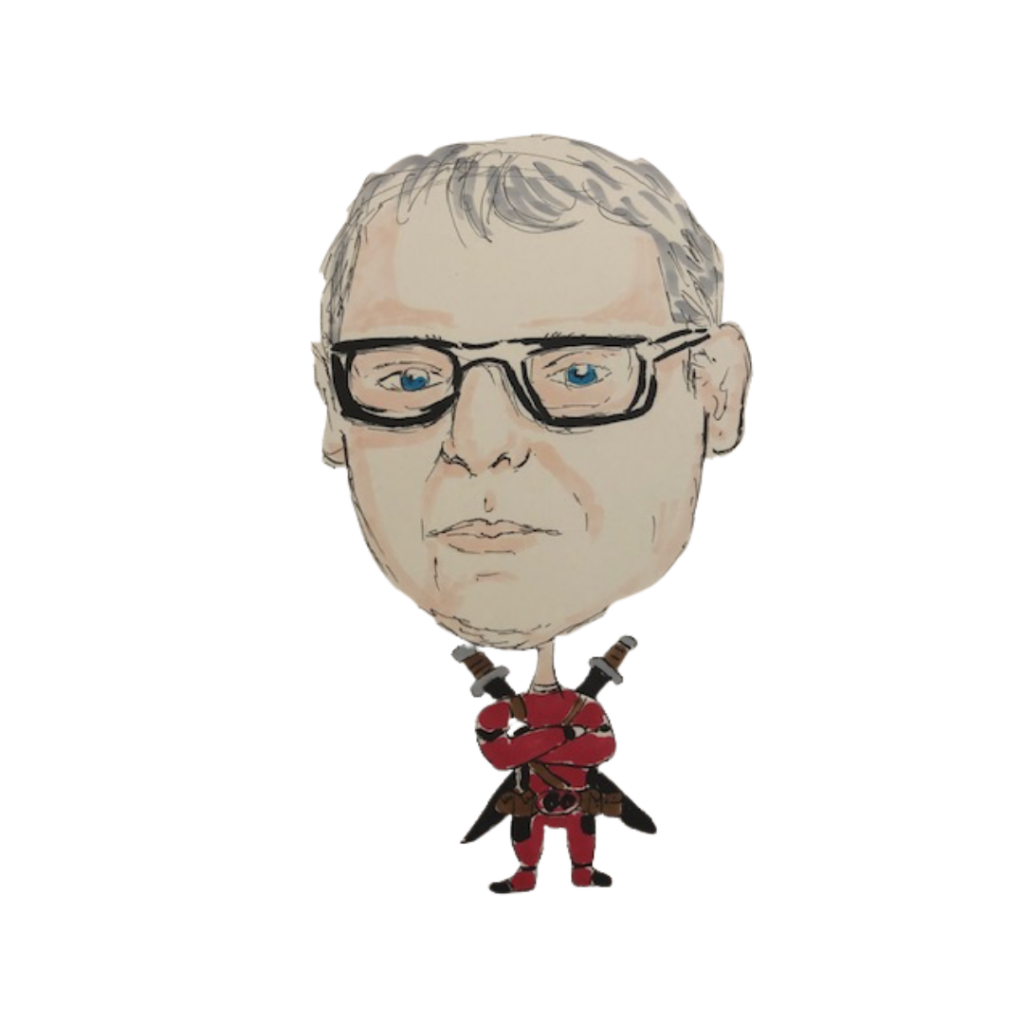“Consumers don’t think how they feel. They don’t say what they think, and they don’t do what they say.” David Ogilvy
We nearly all agree that’s true, but yet still launch products/services because we have asked our consumers what they want and would buy. And what happens?
Well according to Harvard Business School professor Clayton Christensen, nearly 95% fail. I came across the article to our right recently. Now this wasn’t just a new product or NPD, but a whole new business model based on what people said they want and would do. LIARS, probably not intentionally, but liars non the less.
In ‘The hidden life of the Consumer Mind” (Consumer Psychology Review Journal), John Bargh argues people are often unaware of how external events influence their choices and behaviour, which is a good reason not to rely on self-report measures of mediating internal mental processes. To put it another way “Consumers don’t think how they feel. They……” you see where I’m going on this. But why are consumers not playing the research game honestly?

Well, the primary cause is that traditional market research measures only conscious data, when 90% of decision-making is subconscious, and when it does measure it, data is collected after exposure to the stimuli. By gathering data at the end, the best possible outcome is detailed recollection – which is short-term memory. That’s great if you’re going to leave the research room and immediately go to the store. I don’t know about you, but I would prefer my customers to have a long-term memory, which primes them for future action.
Context is also a factor that is often ignored. Your super new painkiller may look really great when shown on a clipboard or in a focus group, with the emphasis on FOCUS, but shoppers don’t shop in focus groups. They shop in busy retail environments where they are harassed, dragging a screaming 5-year-old and looking for more than just a painkiller. i.e., They are specifically NOT focussed.
Market research is also biased. So what are these biases?
There are many types, but they all stem from one simple fact: people are biased because they don’t want to admit they’re wrong or don’t want to think about situations differently than how they already tackle them (and sometimes don’t even realise those situations exist). My friend and colleague Dave McCaughan has been working for some time on the bias market research has on age and the ageing consumer, or ‘New Life Builders’ as he refers to them.
“Well older people don’t really buy, try, swap” … this is from big Market Research agencies who have often been tracking today’s 60–70-year-old throughout their lives as they bought, tried, and swapped products and brands. We see data all the time that says that people from 60 to 90 are constantly tweaking their lives, buying new things, and looking for things to experience so why not focus on those growth areas?
“Well older people find technology hard to use” … this is from MR practitioners whose job is to help clients understand what matters to people and the opportunities to influence them. In reality, it is not about the New Life Builder not being able to use any specific tech, it’s about adapting to what they want to use.”

Henry Ford said “If I had asked people what they wanted, they would have said faster horses” which highlights a problem specific to paradigm shifting innovation. Most people find it difficult /impossible to think about a disruptive idea. But market research continues to ask questions. And this is not only true in the consumer world. I don’t know where in the world you are reading this, but you may have noticed how unreliable opinion polls seem to be. Here in the UK, we’ve had the Brexit poll, the poll that saw Teressa May elected. Both polls predicted the reverse. In 2016 in the USA, relying largely on opinion polls, election forecasters put Clinton’s chance of winning at anywhere from 70% to as high as 99%. Ooops.
We should, and can, do better. It is possible to use behavioural insights, and even look into the deep and often overlooked reservoir of subconscious human motivations, emotions, and intuition that influence behaviour. But it’s not easy and it’s not cheap. But it’s not cheap to open a bar that no one wants to visit, and it’s not cheap to conduct a raft of meaningless market research, which informs your strategy, helps you develop your next blockbuster product, that consumers hate. New Coke anyone!
“People don’t know what they want until you show it to them. That’s why I never rely on market research. Our task is to read things that are not yet on the page.” Steve Jobs
What do you think? We would love to know..
Stay tuned for more next month!

Trevor Gore
Senior Consultant at The Consumer Healthcare Training Academy